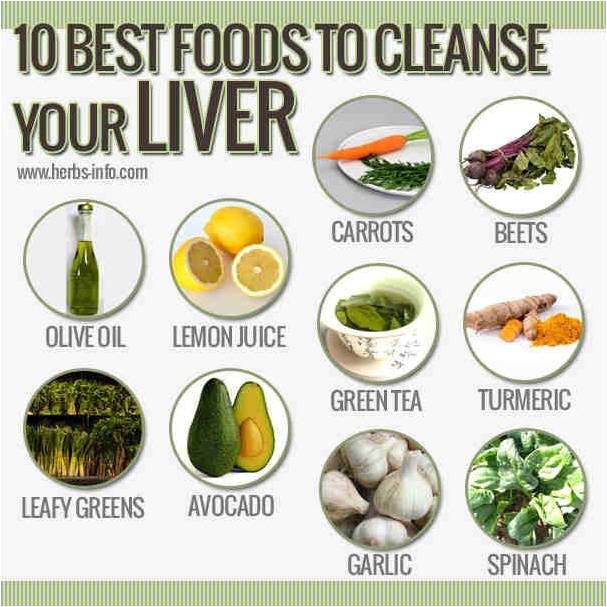Diet for the Liver
Diet to keep the liver healthy
Liver Health management is very much everything we eat and everything we drink, it is extraordinary how many hepatitis patients thought they were supposed to have right side pain when they have eaten and not been told to eat what does not hurt! I remember one Nigerian family, mum and teenager doing late night pizzas and fried chicken for years with all sorts of symptoms including ALTs in the hundreds that went away.
Tiredness bloated, nausea, foggy, right quadrant pain like a companion are all often poor diet. Drink wise we need 2 litres a day of water. It is amazing just how often people forget this, it is the method of the human body for working well. Just a 2 litre jug every day from the fridge as a ritual is very helpful for the kidneys to aid carrying away toxins.
I find nearly all callers especially our glorious HBV moms are quick to fully understand we all have to admit we have a liver situation and we can get smart in the kitchen or we will suffer the consequences. If ever there is a time to get out of a rut with food just after diagnosis is a great time. The callers with just infected children are the best at this, yet we all deserve this care. Go mashed potato, not chips, go oats not fried bacon and eggs, drink water, buy the foods that help you, give the wine rack away, throw out the packs of chemist pills.
Remember HBV and HCV are often harmless by themselves; it is in conjunction with toxins that they become far more dangerous. 20,000 curries later is too late for many. About 70% of patients are very healthy with inactive infections that liver units do not prescribe anti virals to, it is however important these patients realise the diet is the prescription for all of them and getting it right is guaranteeing a longer than average life expectancy.

Sources of Plant-Based Protein are Kinder to Liver
than meat, especially fatty and fried meats.While animal products may be high in fats, plant-based proteins contain a ton of good-for-you benefits like fiber and antioxidants that the animal foods lack. Plant-based foods like legumes, nuts, quinoa, hemp seeds, and soy are all sources of protein (and the last three are all considered “complete proteins” because they contain all 9 essential amino acids).
We have callers who have high ALTs on protein shakes. Too much protein can lead to inflammation and is hard on your kidneys. How much do you need? Aim for 0.36 grams per pound of body weight. So if you’re a 140-pound female, that’s roughly 50 grams.
10 Kind to the Liver Protein Sources
Chickpeas, Broccoli, Tofu, Almonds, Lentils, Kale, Tempeh, Hemp seeds, Quinoa and Chia seeds
Diet for the Liver Damaged
For patients usually diagnosed very late with advanced symptoms of liver disease and especially decompensated cirrhosis a special diet is usually recommended limiting the big 4 below.
Fat and Liver Damage,
fatty fried foods are very hard for the liver to digest, they frequently cause pain to longer term patients, creating fatty liver so should be taken rarely. Picture oil on water undigestable or grease in a drain, fat is already a killer and hepatitis makes it harder for the liver to process this highly processed toxin. Many obese patients develop fatty liver which also aggravates their HBV infection.
Iron and Liver Damage,
the liver plays an important role in the metabolism of iron since it is the primary organ in the body that stores this metal. The average diet contains about 10- 20 mg of iron. Only about 10% of this iron is eliminated from the body. Patients with Hepatitis B & C cirrhosis sometimes have difficulty excreting iron from the body. This can overload of iron in the liver, blood, and other organs. Excess iron can be very damaging to the liver. Patients with Hepatitis B & C whose serum iron level is elevated, or who have cirrhosis, should avoid taking iron supplements and restrict the iron rich foods in their diet, such as red meats, liver, and cereals fortified with iron.
Protein and Liver Damage,
Adequate protein intake is important to build and maintain muscle mass and to assist in healing and repair. Protein intake should be between about 45 – 120 grams a day in patients with hepatitis, unless Encephalopathy occurs. Encephalopathy is an altered mental status. It has been shown that restriction of the diet of animal protein and maintaining a total vegetarian diet, helps reverse this condition and improve mental capacity. Advanced scarring of the liver or cirrhosis can lead to fluid in the abdomen referred to as ascites.
Salt and Liver Damage,
patients with hepatitis who have ascites must be on salt restricted diets. Every gram of sodium consumed results in the accumulation of 200 ml of fluid. The lower the salt, the better this fluid accumulation is controlled. Sodium intake should be restricted to 1000mg each day, and preferably to 500 mg per day. For example, one teaspoon of table salt - 2,325 mg of sodium! Living off fast food restaurants are a no no. Meats, especially red meats, are high in sodium a vegetarian diet may often become necessary. Patients with hepatitis without ascites are advised not to overindulge in salt intake, although their restrictions need not be as severe.
Vitamin Usage, Energy Drinks, Protein Shakes and Hepatitis B and C
We advise all callers with HBV and HCV to restrict vitamin pill use to one multi vitamin tablet a day, as iron and vitamin e can get to toxic levels. Protein shakes and energy drinks have also been found to overdose the liver with work.
